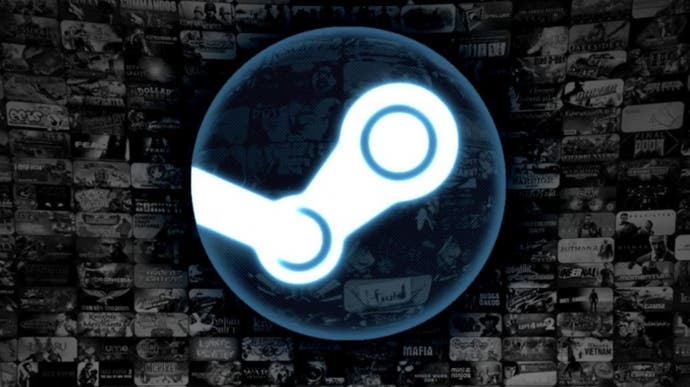Steam revises revenue share policy to let "big game" developers keep more of their profits
"This change will reward the positive network effects generated by developers of big games."
Valve has revised its Steam Distribution Agreement and revenue share tiers so developers can keep more of the profits of their most successful games.
Right now, Valve takes around a 30 per cent cut of all games using its digital platform, which is thought to be broadly in line with profit sharing across Nintendo, PlayStation, and Xbox, too. Going forward (and a little bit back - the changes kick in retrospectively to 1st October, 2018), Valve's cut drops to 25 per cent once revenue hits $10 million, and then falls again to 20 per cent for earnings over $50 million. "Revenue" is taken to include not just sales, but also DLC, in-game purchases, and community marketplace fees.
"The value of a large network like Steam has many benefits that are contributed to and shared by all the participants," the statement by Valve's Erik P. says (thanks, ResetEra). "Finding the right balance to reflect those contributions is a tricky but important factor in a well-functioning network. It's always been apparent that successful games and their large audiences have a material impact on those network effects so making sure Steam recognizes and continues to be an attractive platform for those games is an important goal for all participants in the network."
"Our hope is this change will reward the positive network effects generated by developers of big games, further aligning their interests with Steam and the community."
Valve also used this as an opportunity to revise its sales data confidentiality clause, too. "We've heard you, and we're updating the confidentiality provisions to make it clear that the partner can share sales data about their game as they see fit." The company is also adding blanket safety warnings about VR.
While Valve hasn't detailed why it's made these changes now, it's plausible they've come about as more developers and publishers - such as Bethesda, for example, which chose not to bring Fallout 76 to Steam - are devising their own PC launchers in order to better protect profits. Given this amendment seems very much targeted at AAA operations, the changes are unlikely to bring much, if any, tangible benefit to indie developers that fail to breach the $10 million mark.






.png?width=291&height=164&fit=crop&quality=80&format=jpg&auto=webp)



